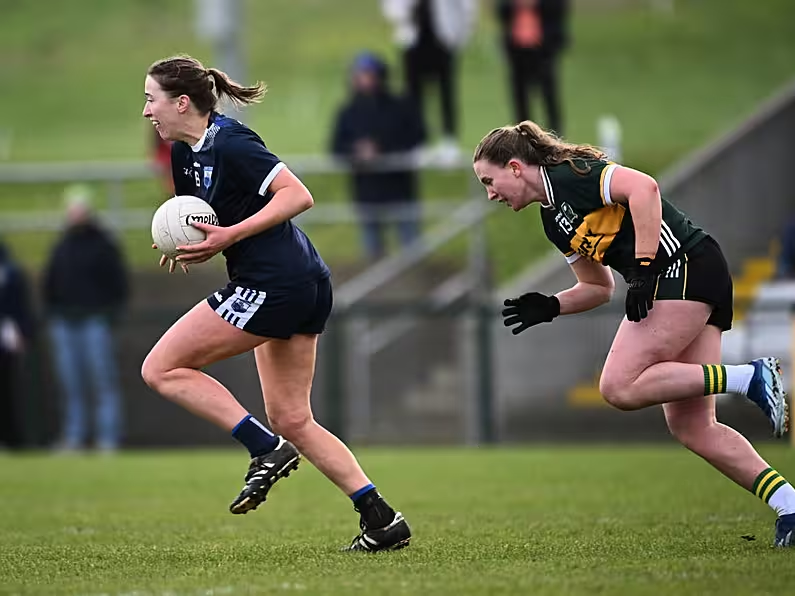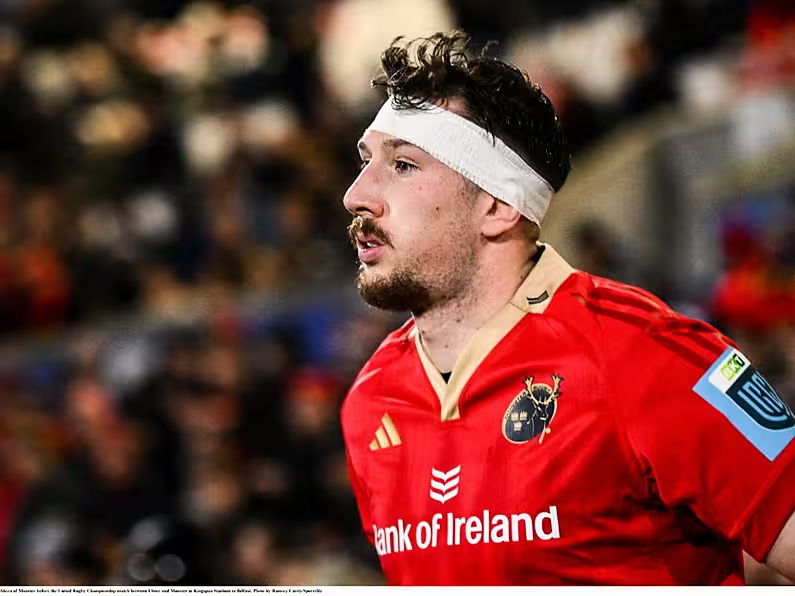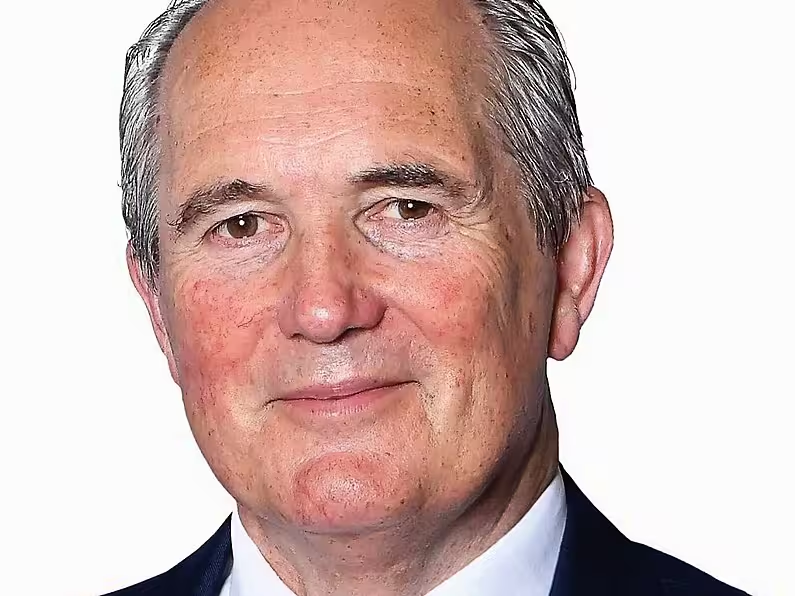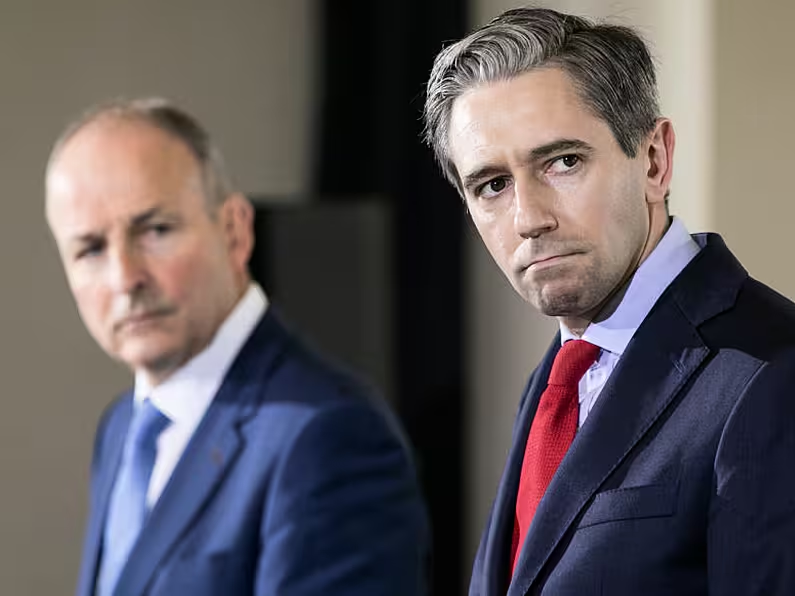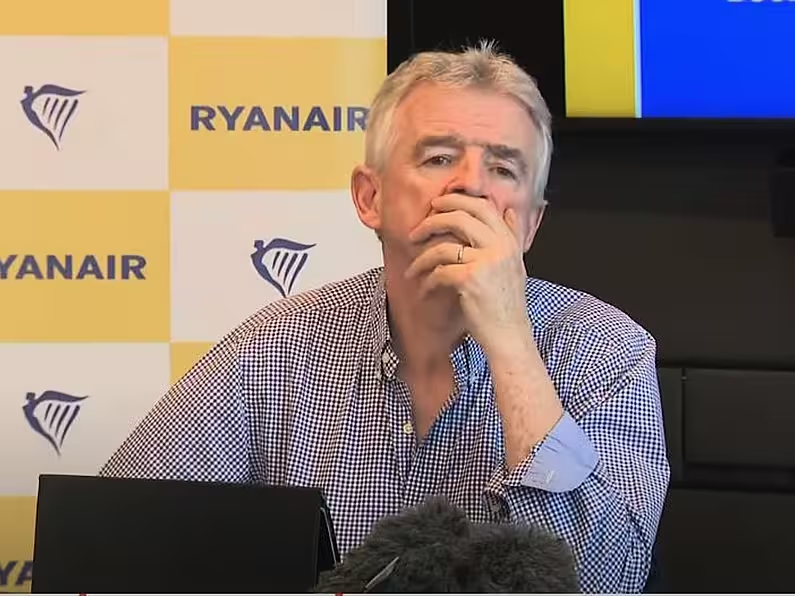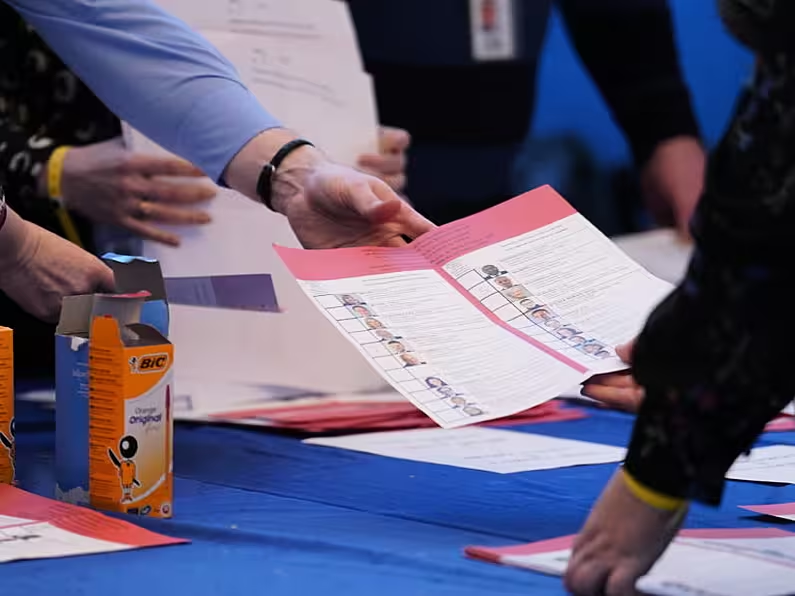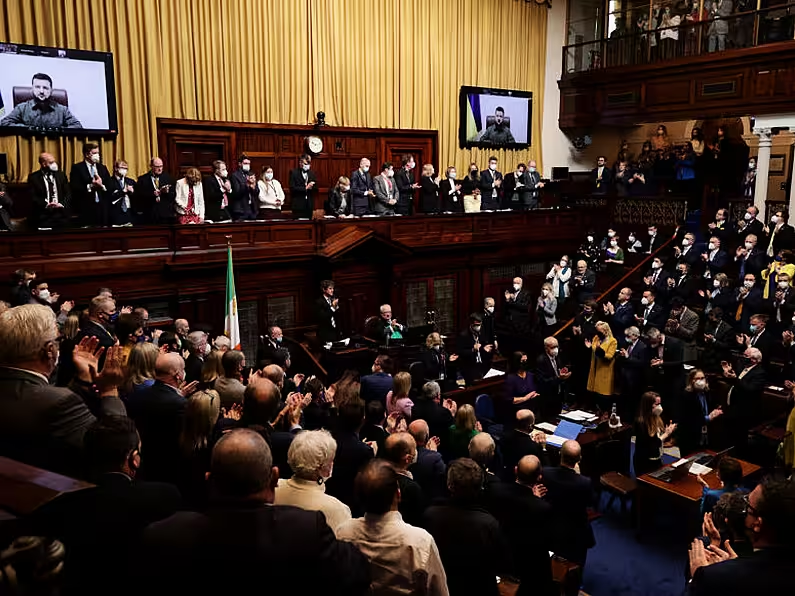Kenneth Fox
As the vaccine rollout continues across the State, questions remain about how Covid will evolve in the coming years.
The EU is already planning for future vaccinations, securing a deal with Pfizer that will see Ireland receive close to 4.8 millon Covid vaccines in 2022 and 2o23.
However, production has been a major issue for supply so far, upsetting the vaccination timetable.
Speaking to breakingnews.ie, professor of immunology at Maynooth University, Bernard Mahon, says we have come a long way.
“The first thing to say is that we are in a much better position than we were 12 months ago. It has been an incredible journey. Despite the challenges, there has been a huge mobilisation to make things work.
New variants
“The other thing is that we know the virus is changing. We also know that in time there will be new variants that will escape the shield of the vaccine. What we have done though, is bought ourselves quite a bit of time with the vaccine.”
Prof Mahon fears that these other variants will hamper further inoculations and means scientists will have to adapt their vaccines once again.
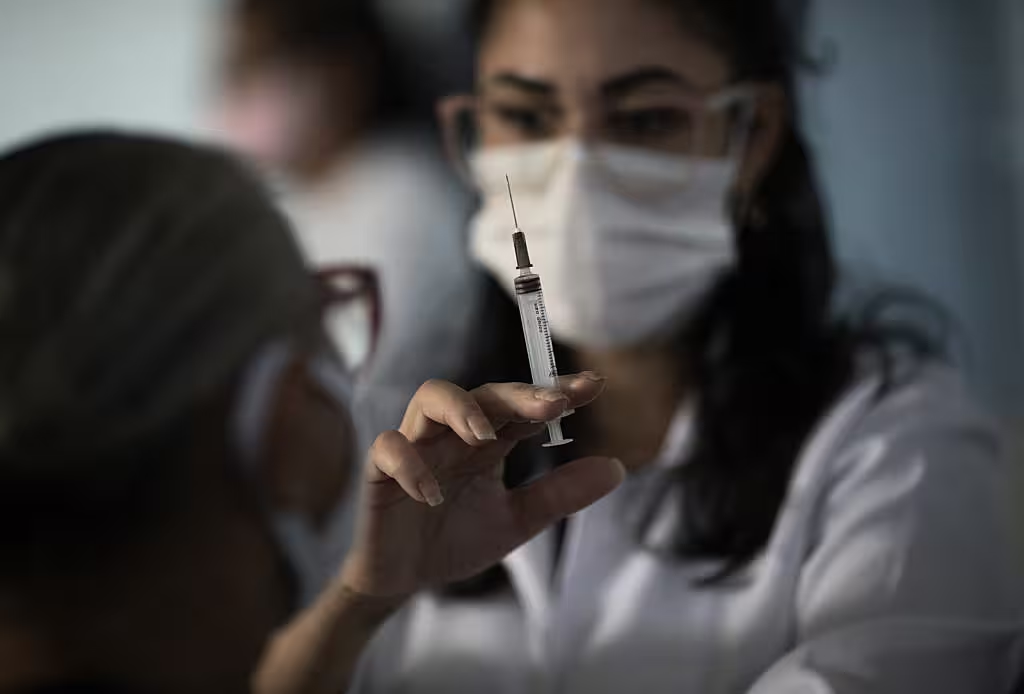
The WHO prepares for new strains of influenza a year in advance. Photo: AP/Press Association Images
Degree of protection
“How things will probably pan out is that there will be variants which we will have some degree of protection against Covid, but at some point in the future we will get variants that the vaccines will be much less protective against,” he says.
“We have already got a blueprint for how to do this. Every year we know influenza does the exact same thing.”
“Most years it changes a little, so what the World Health Organisation (WHO) does is it pulls a team of experts together and asks, ‘What do we think is coming down the line?'”
Influenza lessons
The WHO prepares for new strains of influenza a year in advance – Prof Mahon says this is something we can replicate for Covid.
Some of the biggest issues with the current vaccine rollout have been logistics and upscaling.
“The interesting thing is that the scientific problems around creating a vaccine were solved really quickly. There is a great story about the people at BioNTech who pretty much had designed the vaccine two days after they got the sequence,” Prof Mahon says.
“A lot of companies got out of vaccine production because there was not enough money in it. So there was a major capacity issue, and they did not have the facilities ready right away.”
There has also been speculation about using a tablet or a spray to prevent Covid-19. In Prof Mahon's view though, only one of them is viable.
“A tablet I am not so sure about, but we already have spray vaccines for the flu. So it is quite possible that it could be the approach in the future.”
“We might see an annual booster with a little device that sprays next year’s vaccine up your nostril. That should work because we have done it with the flu vaccine.”

While the National Immunisation Advisory Committee (Niac) has been at the forefront of Ireland's vaccine strategy, they were tight-lipped when asked about booster doses. Photo: Colin Keegan/Collins
Vaccine strategy
While the National Immunisation Advisory Committee (Niac) has been at the forefront of Ireland's vaccine strategy, they were fairly tight-lipped when asked about booster doses in the future.
A spokesperson for NIAC said there is currently no advice in relation to booster vaccines.
Meanwhile, a spokesperson the Department of Health said: “Current policy and planning in Ireland is focused on rollout of the EMA-approved available Covid-19 vaccines in accordance with the agreed national prioritisation criteria.
“As yet, no product has been licensed for use as a booster vaccination."
They said evidence continues to be gathered nationally and internationally in relation to vaccine efficacy and duration of immunity against SARS-CoV-2 variants.
They added that and any future requirement for booster vaccination will be informed by this evolving evidence and by the advice of international expert bodies.
Prof Mahon is not that worried about their stance. He said: “Niac are very conservative and of course they are up to their tonsils at the moment with the vaccine rollout.
“It is going to be the WHO and the European Centre for Disease Prevention and Control (ECDC) who will set the tone.”
Influenza pandemic
In terms of how things could pan out with Covid in the coming years, he says: “It could be that this virus gently fades into the background, and it becomes another childhood virus. We already have four or five coronaviruses that you can get in childhood which cause mild symptoms.
“The thing that really worries me longer term though is the possibility of an influenza pandemic. That could be a more significant event than Covid was.”
On the future of mask wearing, Prof Mahon is unsure how long we will need to wear them. “I suspect it [mask wearing] is with us until we have got very high vaccine coverage.”
Thankfully, the immunology professor can see a brighter future ahead and one where we are better equipped to deal with pandemics.
“We will look back in 12 months and ask, ‘What did we learn from this?’ You can see we were able to run schools during a pandemic, so that will stand to us.
“I suppose hopefully we learn how to be a more resilient society from all this as well. Also, I hope we learn the importance of investing in biomedical research.”





